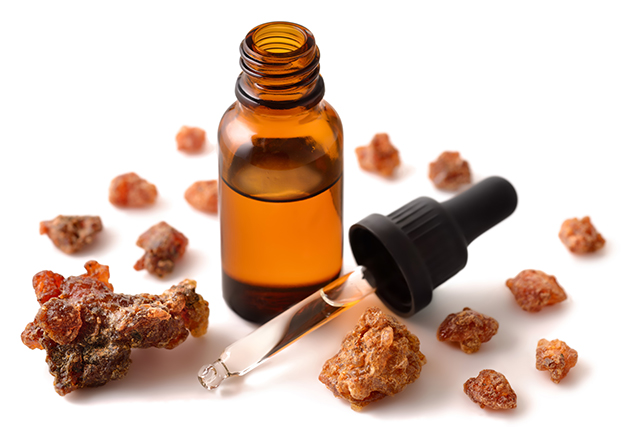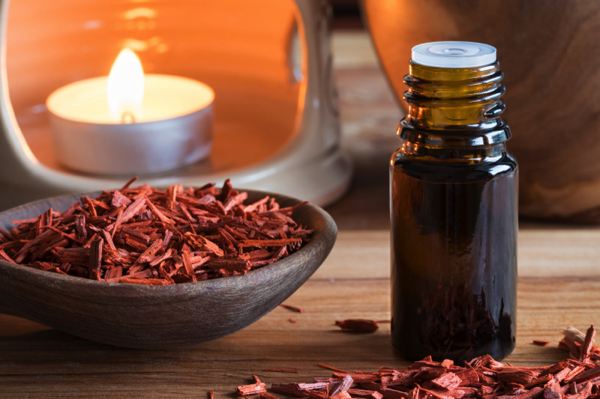How modern lifestyles fuel chronic inflammation and what to do to counter it
12/19/2024 / By Lance D Johnson

- Chronic inflammation is a major driver of modern diseases, linked to cardiovascular issues, diabetes, and autoimmune disorders.
- Lifestyle factors like nutrition, sleep, exercise, light exposure, and grounding play critical roles in managing inflammation.
- Realigning habits with evolutionary needs, such as adopting a hypercarnivorous diet full of antioxidants, and prioritizing sleep, can reduce inflammation naturally.
- Modern technology, like dry blood spot testing, offers tools to monitor and address inflammation effectively.
Chronic inflammation and its roots
Chronic inflammation, often referred to as the silent killer, is a persistent low-grade immune response that wreaks havoc on the body. Unlike acute inflammation, which helps heal wounds and fight infections, chronic inflammation lingers, damaging tissues and disrupting bodily functions. It’s a major contributor to a host of modern diseases, including heart disease, diabetes, and autoimmune disorders. But what’s driving this inflammatory surge? The answer lies in our modern lifestyles, which are out of sync with our evolutionary design.
From processed diets to sedentary routines, the way we live today is a recipe for chronic inflammation. The good news? By addressing the root causes and realigning our habits with nature’s blueprint, we can reverse this trend and reclaim our health.
Reclaiming Health: The Power of Lifestyle Overhaul
There are many considerations to help you reclaim your health naturally.
Nutrition: The Foundation of Anti-Inflammatory Living
Our ancestors thrived on nutrient-dense animal-based diets, but modern eating habits have strayed far from this evolutionary blueprint. Processed foods, excessive carbohydrates, added sugars, and seed oils have become staples, fueling inflammation rather than fighting it.
The solution? Embrace a hypercarnivorous diet rich in animal proteins and healthy fats. Foods like fatty fish, grass-fed meats, avocados and eggs provide essential nutrients that regulate inflammation and support cellular repair. By cutting out processed foods and focusing on whole, unprocessed animal products, you can create an anti-inflammatory environment that promotes metabolic health and reduces disease risk. The role of antioxidants cannot be understated. From blueberries and raspberries to the more exotic schisandra berries and amalaki berries, antioxidants are valuable component to combat inflammation.
Sleep: The Unsung Hero of Inflammation Regulation
Sleep is often overlooked, but it’s a cornerstone of inflammation management. Poor sleep disrupts the body’s circadian rhythm, leading to elevated inflammatory markers like C-reactive protein. Chronic sleep deprivation also increases the risk of metabolic syndrome and autoimmune diseases.
To combat this, prioritize high-quality sleep by maintaining a consistent schedule, creating a dark and calm sleeping environment, and avoiding stimulants before bed. A well-rested body is better equipped to regulate inflammation and repair tissues, enhancing overall resilience. To improve oxygen intake during sleep, try taking a mullein tincture and breathing through the nose.
Exercise: Movement as Medicine
Modern lifestyles are alarmingly sedentary, depriving the body of the movement it needs to function optimally. Lack of exercise increases visceral fat, which secretes pro-inflammatory cytokines, contributing to chronic inflammation.
The antidote? Regular physical activity. Whether it’s brisk walking, strength training, yoga, or sports, consistent exercise reduces inflammatory markers and enhances insulin sensitivity. Movement isn’t just about fitness—it’s about protecting your body from the ravages of chronic inflammation.
Light Exposure: Synchronizing with Nature’s Clock
Natural light exposure is crucial for maintaining circadian rhythms and regulating inflammation. Yet, many of us spend our days indoors under artificial light, disrupting these natural cycles.
To reset your body’s clock, prioritize morning sunlight and limit screen time before bed. Adequate light exposure improves mood, sleep quality, and immune function, creating a holistic, anti-inflammatory effect.
Grounding: Reconnecting with the Earth
Grounding, or direct contact with the Earth’s surface, is a simple yet powerful way to reduce inflammation. Walking barefoot on grass or sand allows the body to absorb electrons that neutralize free radicals and reduce oxidative stress. By reconnecting with the Earth, you can enhance your body’s natural defense systems and promote healing.
In addition to lifestyle changes, modern technology offers tools to monitor and address chronic inflammation. Dry blood spot testing, for example, provides insights into biomarkers like the Omega-6 to Omega-3 ratio, helping you identify dietary imbalances that contribute to inflammation.
Sources include:
Submit a correction >>
Tagged Under:
added sugars, alternative medicine, amla berries, avocados, blueberries, chronic inflammation, circadian rythym, Cures, electron transfer, excessive carbohydrates, Free radicals, grounding, healing, inflammation, light exposure, movement, mullein, natural health, nutrients, oxidative stress, oxygen utilization, prevention, raspberries, remedies, schisandra berries, screen time, seed oils, sleeping environment, sports, strength training, walking, Yoga
This article may contain statements that reflect the opinion of the author
RECENT NEWS & ARTICLES
HealingArts.News is a fact-based public education website published by Healing Arts News Features, LLC.
All content copyright © 2018 by Healing Arts News Features, LLC.
Contact Us with Tips or Corrections
All trademarks, registered trademarks and servicemarks mentioned on this site are the property of their respective owners.




















